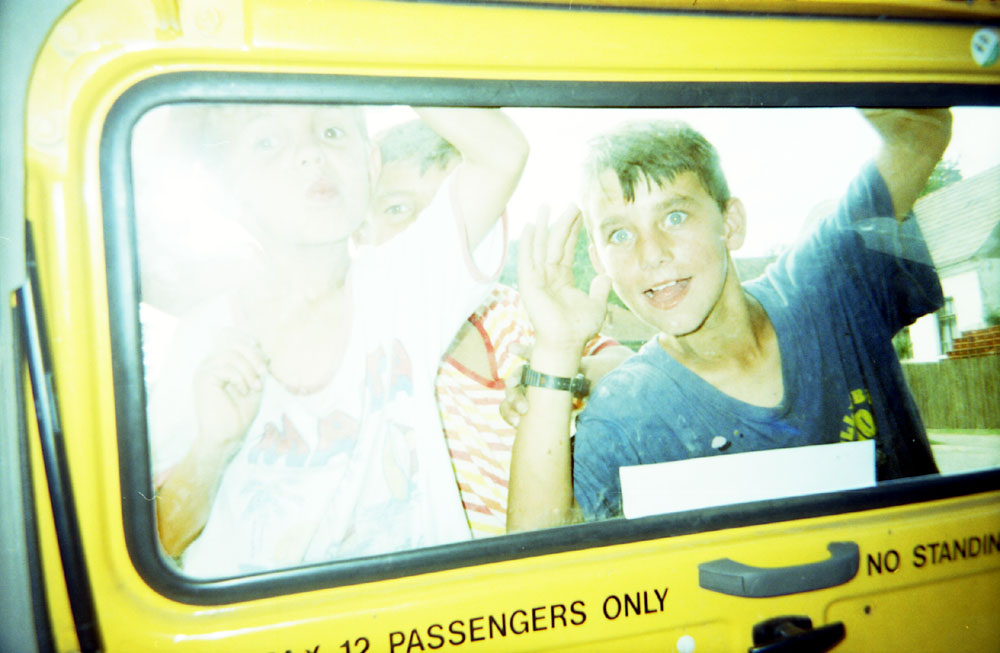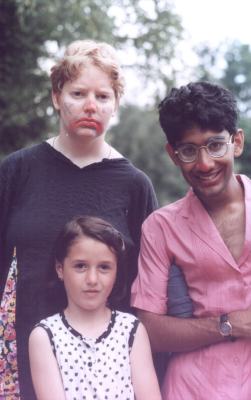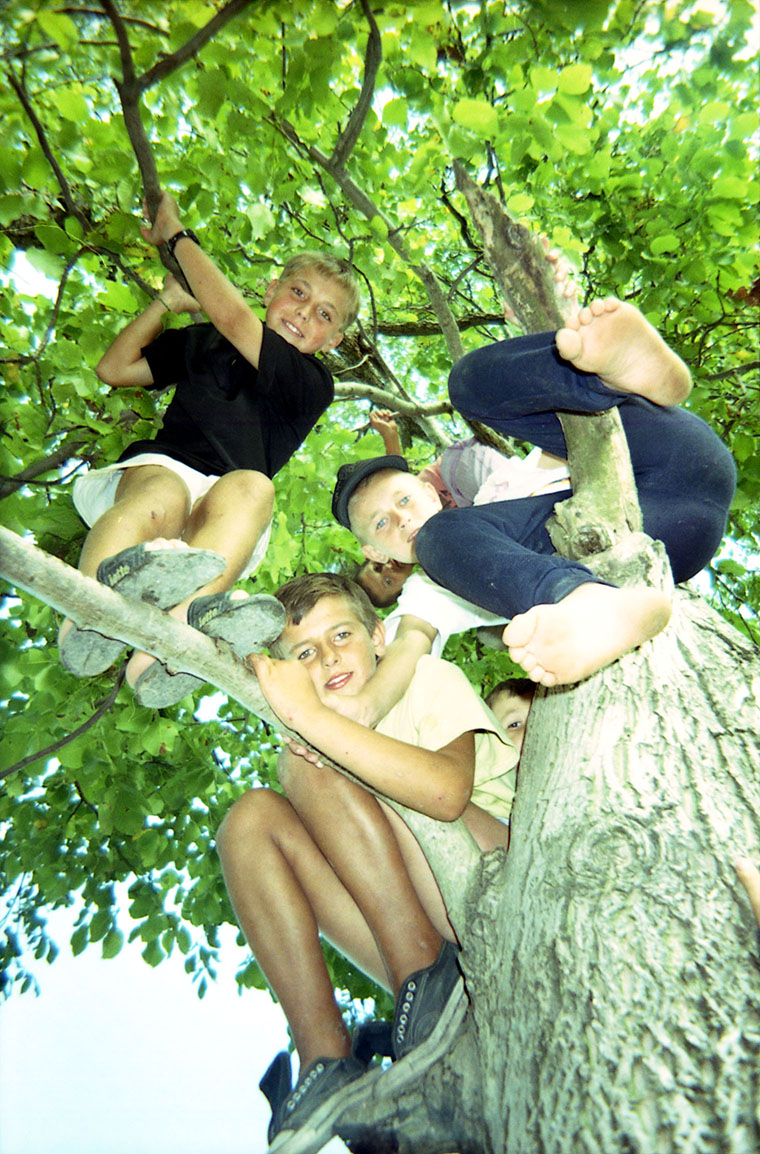
2004-6
Croatia, Slovenia, Bosnia
I took part in trips to the former-Yugoslavia almost by accident, but they changed the trajectory of my life.
They were organised by students who formed an organisation called Magdalen College Aid to Bosnia (MCAB).
They realised a brutal land war had broken out in Europe, was only a few days drive away, but was in danger of dragging on so long it was becoming old news, and ignored. The first visits took aid and equipment, including an X-ray machine. The later ones I took part in were mostly to show solidarity, and learn more about the situation.
It was a surreal and dangerous situation. The first year, we travelled down the Croatian coast. One encounter with excitable soldiers back from the front lines was particularly frightening.
We stayed in a bombed-out hotel near Dubrovnik, where the lights had to be dimmed at night because of the danger of shelling. A few days later, we watched the first festival on the streets of that city in years, which was a beautiful and incongruous event – a celebration of life and resilience.
In 2005 we based ourselves at two camps in Slovenia. This had largely avoided the main conflict, but hosted a large number of refugees/IDPs, who were stuck in a horrible kind of limbo.
In 2006 we were in Bosnia itself, returning briefly to the camps in Slovenia on our way home. The town we were in had scars from the conflict, but was relatively comfortable. The camp we spent time in nearby held families who had escaped Srebrenica, mostly without their men.
These trips were exhausting, frightening and frustrating. We felt impotent and unable to do much that was really useful. Tempers often frayed within the groups as well.
Memorably, we had sessions with a cultural facilitator before the final trip. This involved students from Oxford and Harvard, and she predicted that the largest culture shock we would face was between our two groups. British culture was more like Balkan culture in some ways, she explained, while the Americans seemed familiar yet were from a very different world. Our largely shared language was misleading.
She was absolutely right. This sparked an interest and sensitivity to cultural differences I have explored with later work, notably as a peace worker in South Africa.
In a strange way, I felt resonances with IDPs and refugees I did not have at university with my peers. My father had just died after a protracted period in prison, and I had been under threat of deportation from the UK for most of my life. I found a sense of community, notably with the Bosnian family I stayed with during my last trip - and my friend Almir. This was also true in South Africa, with my brother-from-another-mother, Corlette. We all shared key life experiences, which mattered more than geography.

This image is with my friend Catherine, who has sadly passed away.
For reasons that were always hard to explain, I am in a silk dress which belonged to her grandmother.
I have more images and materials from these trips, mostly stored in the UK.
I hope to add some at a later date.

 ⥢
⥢
 ⥤
⥤